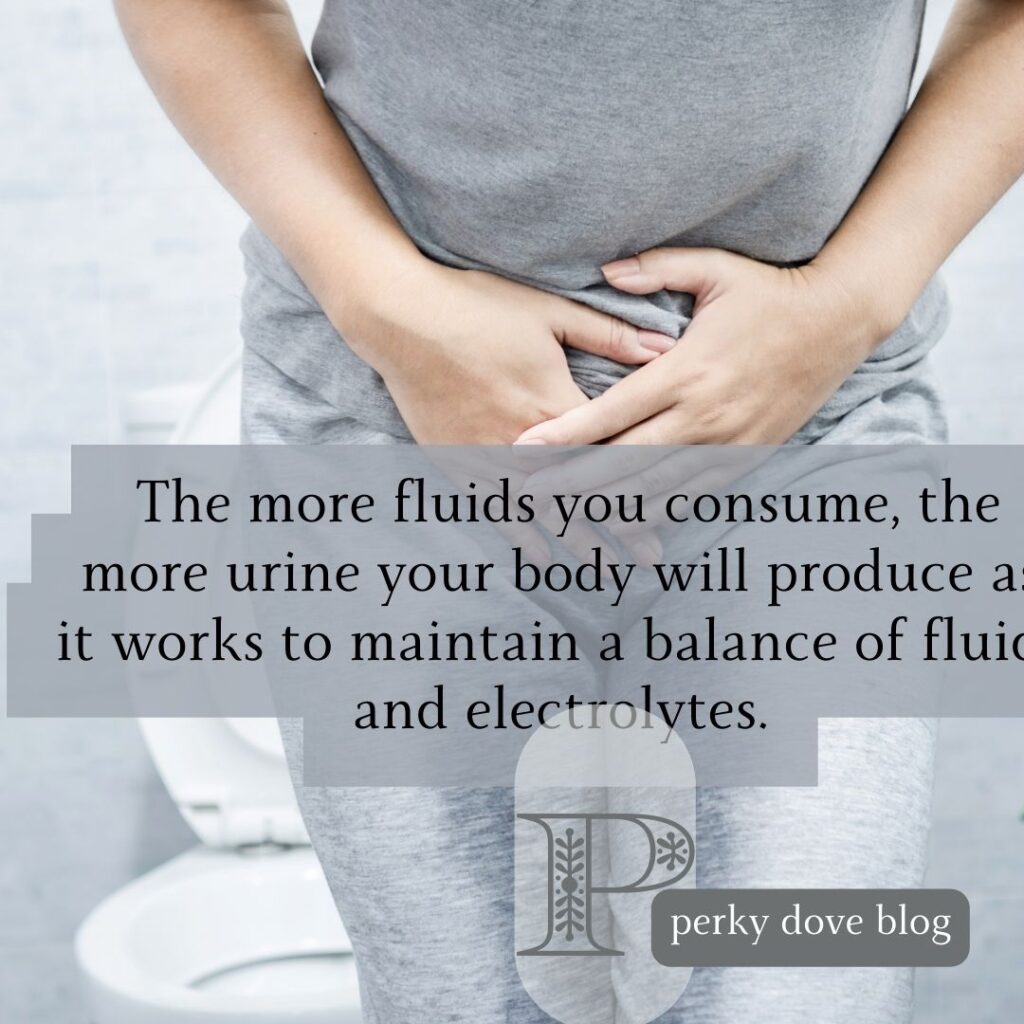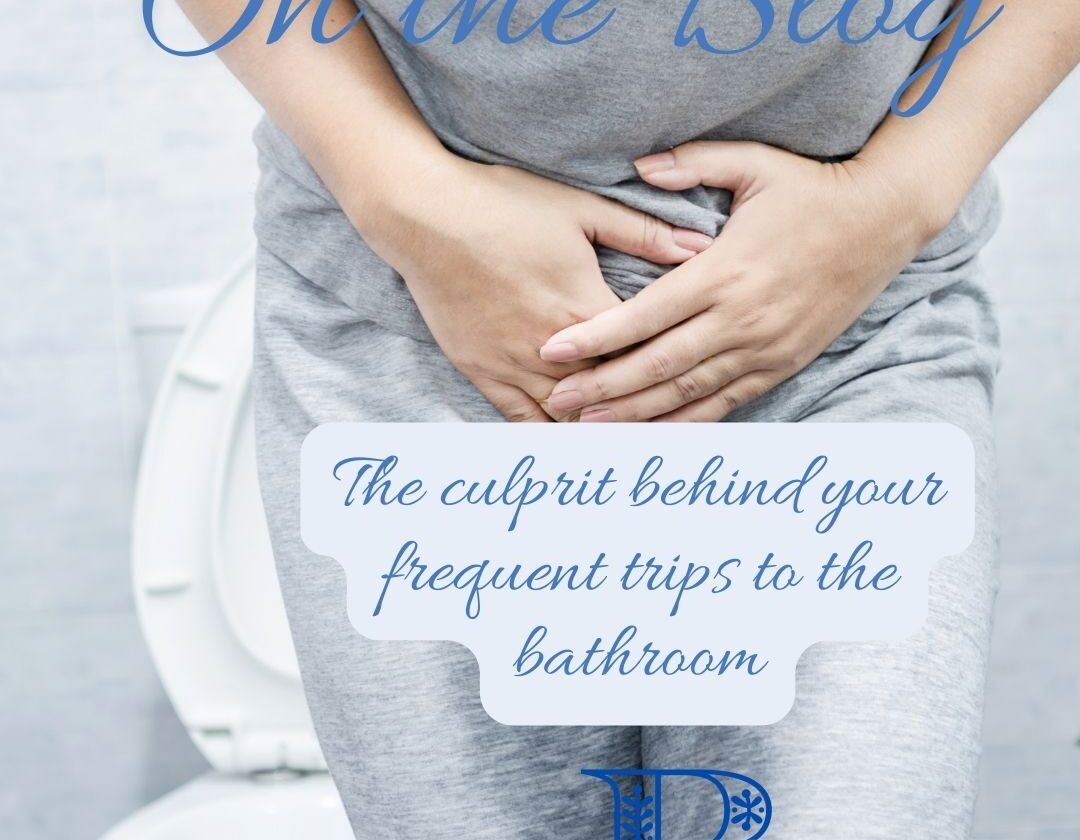Introduction
If you’re like many people, your morning routine isn’t complete without a steaming cup of coffee. But have you ever wondered why that beloved brew seems to send you running to the restroom soon after? Let’s uncover the science behind why coffee makes you pee more and explore what factors contribute to this phenomenon.
Understanding Caffeine’s Role
The culprit behind your frequent trips to the bathroom is caffeine, a natural stimulant found in coffee beans. Caffeine is known for its diuretic properties, meaning it promotes the production of urine by your kidneys. It does this by inhibiting the reabsorption of sodium in the kidney tubules, which in turn increases urine output.
Bladder Stimulation
In addition to its diuretic effect, caffeine also stimulates the bladder. This stimulation causes the bladder muscles to contract more frequently and with greater urgency, leading to the sensation of needing to urinate sooner and more often.

Fluid Intake and Urine Output
Drinking coffee, or any fluid for that matter, increases your overall fluid intake. The more fluids you consume, the more urine your body will produce as it works to maintain a balance of fluids and electrolytes.
Individual Sensitivity
It’s important to note that everyone’s sensitivity to caffeine varies. Some individuals may find that even a small amount of coffee triggers a significant increase in urine production and urgency to urinate, while others may not experience this effect as strongly.

How Much Coffee?
The amount of coffee you drink can also play a significant role. Higher caffeine intake correlates with increased urine output, so the more coffee you consume, the more likely you are to experience frequent urination.
Conclusion
Next time you find yourself reaching for that second or third cup of coffee, remember the role caffeine plays in stimulating your bladder and increasing urine production. While the urge to pee more after drinking coffee is a common experience, it’s typically harmless for most people. If you find it disruptive or excessive, consider moderating your caffeine intake or spacing out your coffee consumption throughout the day.
Understanding the effects of caffeine on your body can help you enjoy your coffee in moderation and make informed choices about your beverage habits. Cheers to a well-caffeinated day ahead!
Further Reading
For more insights into the effects of caffeine and tips on healthy coffee consumption, check out our other articles on our blog!






